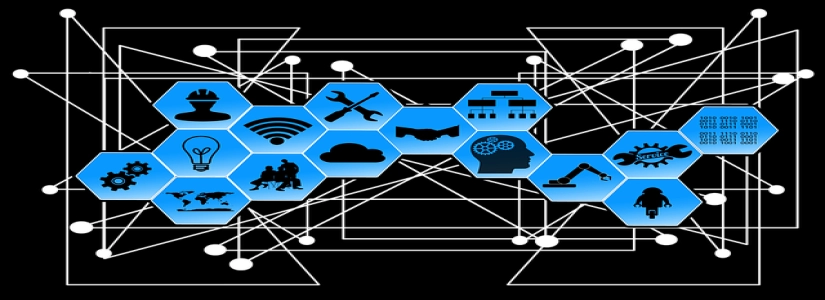网络营销的英文
Title: Internet Marketing: A Comprehensive Guide
Introduction:
In today’s rapidly evolving digital age, a successful business must leverage the power of internet marketing strategies. This article will explore the concept of internet marketing and provide a detailed explanation of its various aspects.
I. What is Internet Marketing?
A. Definition: Internet marketing refers to the promotion of products or services using various online platforms and channels.
B. Importance: Internet marketing allows businesses to reach a global audience, enhance brand visibility, and increase customer engagement.
II. Key Components of Internet Marketing:
A. Search Engine Optimization (SEO):
1. Definition: SEO involves optimizing a website to rank higher in search engine results, driving organic traffic.
2. Techniques: Keyword research, on-page optimization, link building, and content creation.
3. Benefits: Increased visibility, credibility, and potential for conversions.
B. Social Media Marketing:
1. Definition: The strategic use of social media platforms to connect with the target audience and build brand awareness.
2. Platforms: Facebook, Instagram, Twitter, LinkedIn, etc.
3. Strategies: Content creation, audience targeting, engagement, and advertising campaigns.
4. Advantages: Increased brand exposure, customer loyalty, and improved customer satisfaction.
C. Content Marketing:
1. Definition: Creation and distribution of valuable and relevant content to attract and retain a defined audience.
2. Tactics: Blogging, video marketing, infographics, e-books, and podcasts.
3. Benefits: Establishes industry authority, enhances brand reputation, and increases customer trust.
D. Pay-Per-Click Advertising (PPC):
1. Explanation: Advertising model where businesses pay a fee each time their ad is clicked.
2. Platforms: Google Ads, Bing Ads, social media advertising platforms.
3. Merits: Immediate results, precise targeting, and maximum control over budget.
E. Email Marketing:
1. Description: The use of email campaigns to nurture relationships with customers, promote products, and drive sales.
2. Strategies: Personalized email campaigns, automated workflows, and segmentation.
3. Advantages: Cost-effective, highly targeted, and measurable results.
III. Tools and Technologies Used in Internet Marketing:
A. Analytics:
1. Google Analytics: Tracks website traffic, user behavior, conversions, and provides valuable insights.
2. Social media analytics: Measures engagement, reach, and audience demographics.
B. Customer Relationship Management (CRM) software:
1. Manages customer data, tracks interactions, and automates marketing activities.
C. Marketing automation platforms:
1. Streamlines marketing efforts, automates repetitive tasks, and nurtures leads effectively.
Conclusion:
Internet marketing acts as a powerful tool for businesses to expand their reach, increase brand awareness, and boost sales. By harnessing various internet marketing strategies such as SEO, social media marketing, content marketing, PPC advertising, and email marketing, businesses can stay ahead in today’s digital landscape. With effective tools and technologies, companies can measure their marketing efforts, enhance customer relationships, and achieve long-term success in the online marketplace.








